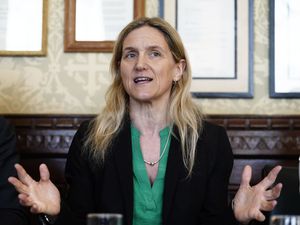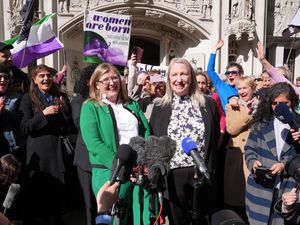Black plaque honouring pianist Winifred Atwell unveiled in south London
The plaque has been unveiled in Brixton.
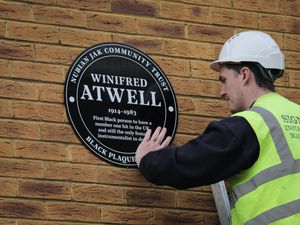
A black plaque honouring the late pianist Winifred Atwell has been unveiled at the former site of a hair salon she owned in south London.
The sign was put up by the Nubian Jak Community Trust as part of a project to recognise historically significant black people.
The musician achieved great success in the 1950s playing boogie-woogie and topped the charts with her Christmas song Let’s Have Another Party, as well as The Poor People Of Paris.
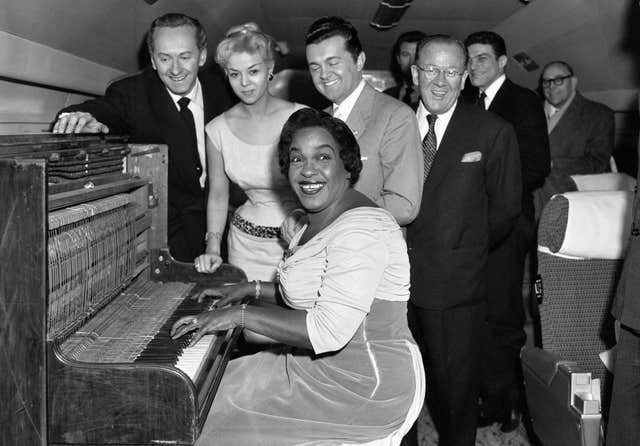
The Trinidadian, who died in 1983, was reportedly the first black musician to top the UK charts.
The plaque was unveiled at the site of a hair salon which she used to own in Chaucer Road, Brixton, according to the Nubiyan Jack Community Trust.
Jak Beula, who founded the organisation, said Atwell was “a remarkable woman” and an “extraordinarily talented individual”.
“You are talking about a woman who transcended colour whose talent took her all around the world,” he added.
“In light of the zeitgeist Black Lives Matter, and us researching Britain’s diverse history, her story is an incredible one because people are saying, ‘I didn’t know that, I didn’t know that this woman had such a profound effect on popular culture’.”
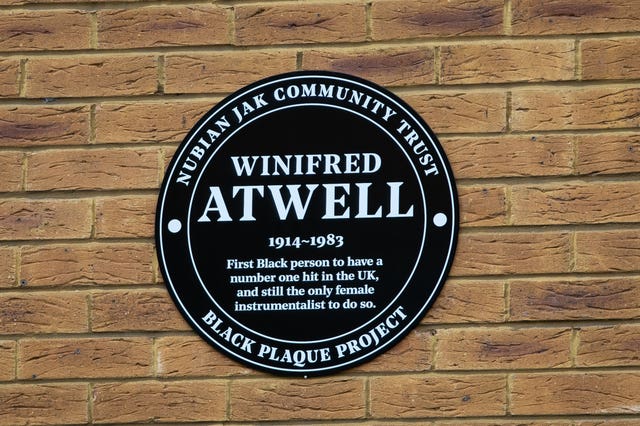
He added he hopes the black plaque project will create “awareness” about black figures from history.
“I’m trying to highlight parts of our history which have been forgotten,” Mr Beula added.
The project is significant “because it shows the public, especially young people, let alone young black people, that there was a rich past that perhaps is not as well known”, he said.
“I think it is important so people have role models and also people can identify the diversification of Britain and some extraordinary contributions which now are becoming better known in light of Black Lives Matter movement.”
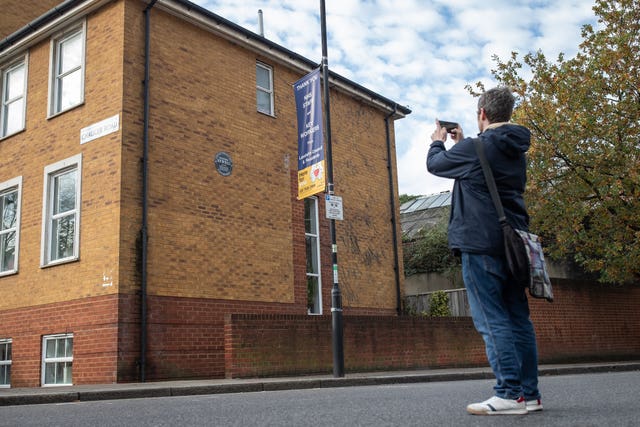
It would be “healthy to rediscover her story”, he said, adding: “It then destroys certain myths about the black presence in Britain and explains to a new generation that there were [black] people who were very influential in Britain not just after the war, but before that and going back centuries, even.”
The black plaque put up on Friday will later be replaced with a permanent blue memorial.
Black plaques will also be unveiled at a later date for businessmen Len Dyke, Dudley Dryden and Tony Wade.


